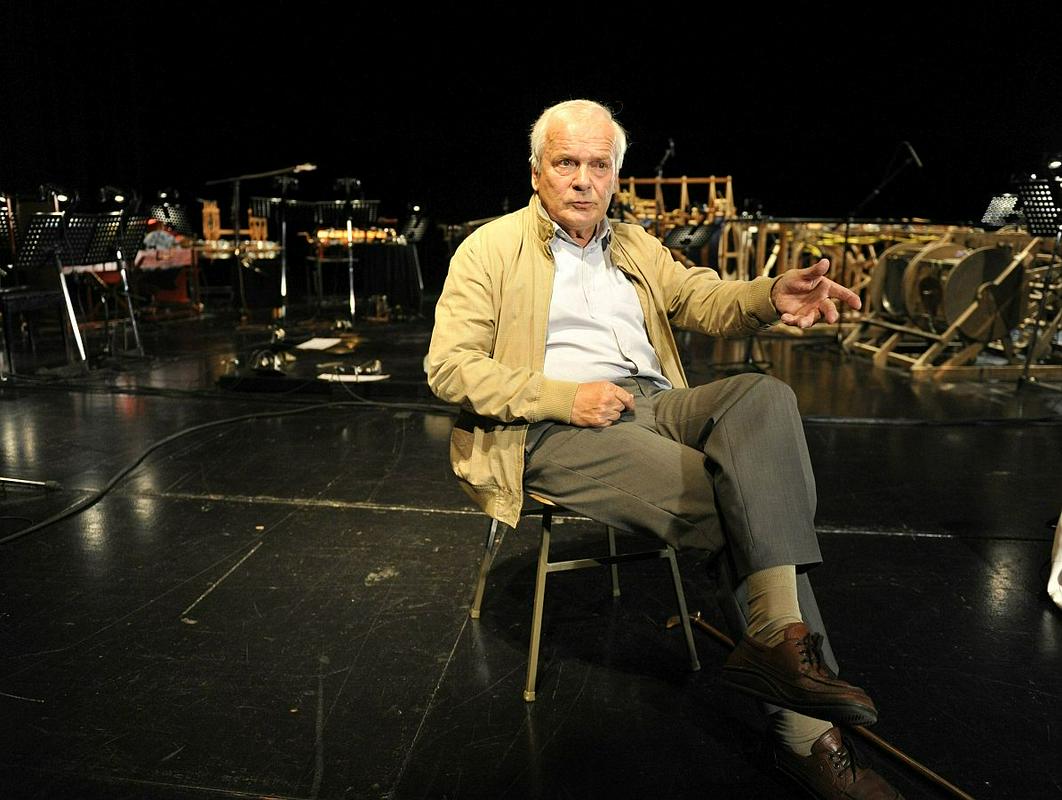
Several Slovenian musicians have enjoyed successful careers abroad. Few, however, have broken new musical ground like Vinko Globokar. A talented trombone player, he is also a composer who has embraced experimentation in much of his life’s work.
Globokar was born into a Slovenian family on the French town of Anderny in 1934. He moved to Slovenia with his parents after World War II. Because he was drawn to jazz as a young man, he returned to France in order to study music – focusing on the trombone at the prestigious Paris Conservatory, where he studied under such well-known names as René Leibowitz, André Hodeir, and Luciano Berio.
After graduation, Globokar focused his study on free improvisation, combining this typically jazz-like approach with other genres. After a stint as a professor in Cologne, he was named the head of instrumental and vocal research at the newly-founded Institute for Research and Coordination in Acoustics/Music (IRCAM) in 1974, becoming one of the French institute’s leading administrators. At the time, he was free to pursue his own musical experiments, typically working on a fusion of electronic sounds and stretching the boundaries of what had been previously been thought possible in music. He was an early advocate of “musique concrete,” which incorporates sounds from daily life in works of music.
After leaving IRCAM, Globokar went to conduct a number of prestigious orchestras in the 1980s – among them the Tokyo Philharmonic Orchestra and the Jerusalem Symphony Orchestra. He also performed his compositions on radio stations around Europe, from Helsinki to Ljubljana. In all, he has authored some 60 works, ranging from choral pieces to compositions for the stage.
Even though almost all his professional work was done abroad, Globokar has been recognized in Slovenia; he was awarded the prestigious Prešeren Prize in 2002. One of just a handful of Slovenian musicians who are well-known in international musical circles, he has also left a lasting legacy in the quest to redefine music for the modern era.
Jaka Bartolj

































































